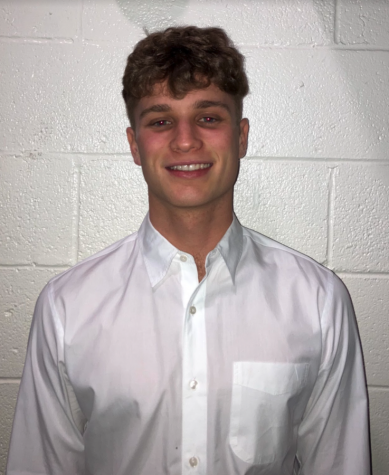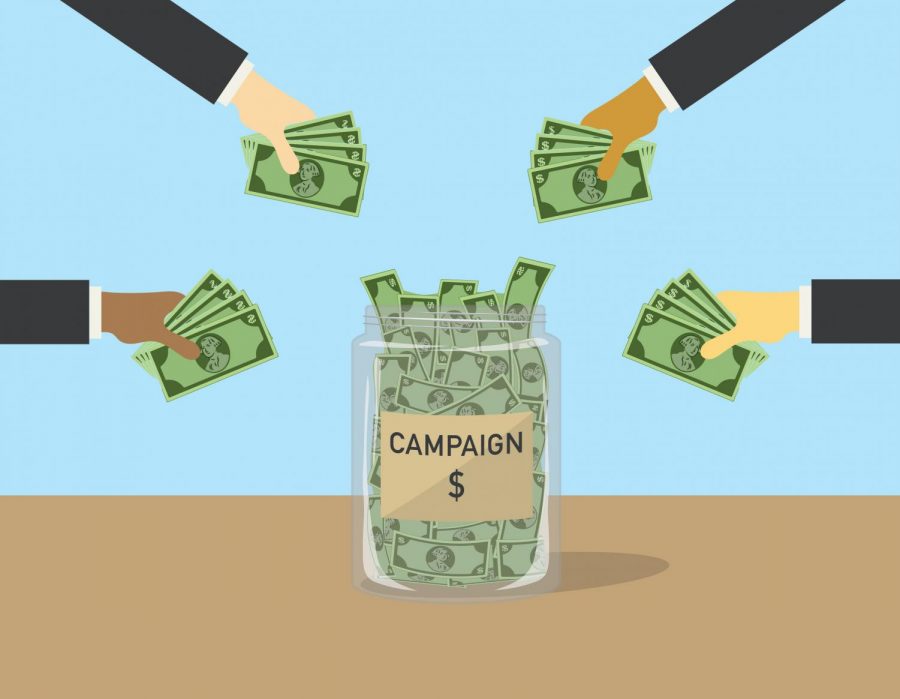Billionaire Campaign Donations Must Be Limited
That billionaire donors fund presidential campaigns isn’t a secret. Through Super PACs (Political Action Committees), which are independent spending political committees that receive countless donations from individuals or corporations “for the purpose of financing independent expenditures and other independent political activity,” billionaire donors can contribute millions of dollars to the candidate they wish to see in office. Although this is legal, it raises many problems surrounding elections.
Richard Hasen, an American legal scholar and expert in legislation, claims the greatest danger of Super PACs is “that they may skew the legislative process in the next Congress in favor of the interests of large Super PAC contributors.” The question then arises: How is this not corruption? To answer that, we must look back to 2010, when the Supreme Court, in the Citizens United v. Federal Election Commission decision, deemed that “independent spending (that is, spending not coordinated with candidates) cannot corrupt the political process.” However, the key problem with this supposition is that independent spending can corrupt.
Billionaires Sheldon and Miriam Adelson donated an incredible $75 million into “a super PAC launched in late August to aid President Donald Trump’s reelection,” and that isn’t even all of it. Home Depot co-founder Bernard Marcus contributed $5 million, along with many others, to amount to a grand total of $83.8 million raised by the Preserve America PAC. Trump’s campaign raised nearly $250 million in September alone, while Biden’s campaign broke records, climbing to over $383 million in fundraising.
Preserve America spent almost $77 million in a single week on their anti-Biden campaign and plans to air ads in battleground states like Florida, Georgia and Pennsylvania. The first series of ads play into Trump’s “law and order theme,” including testimonials from a wife “whose police officer husband was killed in the line of duty and an African American police officer whose daughter was murdered by a gang member.” Preserve America’s ads have also focused on portraying Biden as “too weak” to be president.
These donations, although not directly connected to each respective candidate, do have some influence. Richard Hasen put it best: “A candidate who receives a large contribution will feel grateful to the contributor, and legislative policy could well skew in the contributor’s direction.” He went even further in saying federal officeholders are likely to feel “just as indebted” to these donors, adding, “federal officeholders may do the bidding of other wealthy individuals, corporations and labor unions out of fear that they will support the official’s opponents through a Super PAC in the next election if they don’t.” It is clear that although there is no direct line of correlation, these donations do have an underlying impact.
Hefty donations from some of the wealthiest people in America make it hard for the public to feel as if their voices are being heard. If a candidate has the choice of listening to the general public of America or the people who donated millions to assist their campaign, it is clear what group would be chosen. This process may be legal, but it is not moral. The impact these donations have on candidates makes it so a person running is not so much representing the country but rather the select few who have donated millions to them.
Today, money and politics are inseparable. The most ideal and radical solution would be to totally eliminate money from politics; however, this is impossible. Most candidates would not even be able to afford to run for office if it were not for these donations, let alone have the number of ads and the amount of presence they do now. \For example, at least one quarter of the $82.9 million raised for the pro-Trump Super PAC America First Action stems from billionaires like Arkansas banker Warren Stephens and Wisconsin roofing billionaire Diane Hendricks. A more realistic solution would be to limit the amount of donations a single person or company could make to a specific campaign. In this way, the influence of a singular entity would be far less than it is now.
Cory Bork, FCRH ’23, is a communications and culture major from Robbinsville, N.J.

Cory Bork is a senior majoring in communication and culture with a minor in marketing. Beginning in his sophomore year, Cory wrote articles extensively...









































































































































































































Mike Landy • Nov 5, 2020 at 2:08 pm
I suggest you step back and look at the big money. George Soros funds billions via various entities. This is where the criminal activity is the greatest.